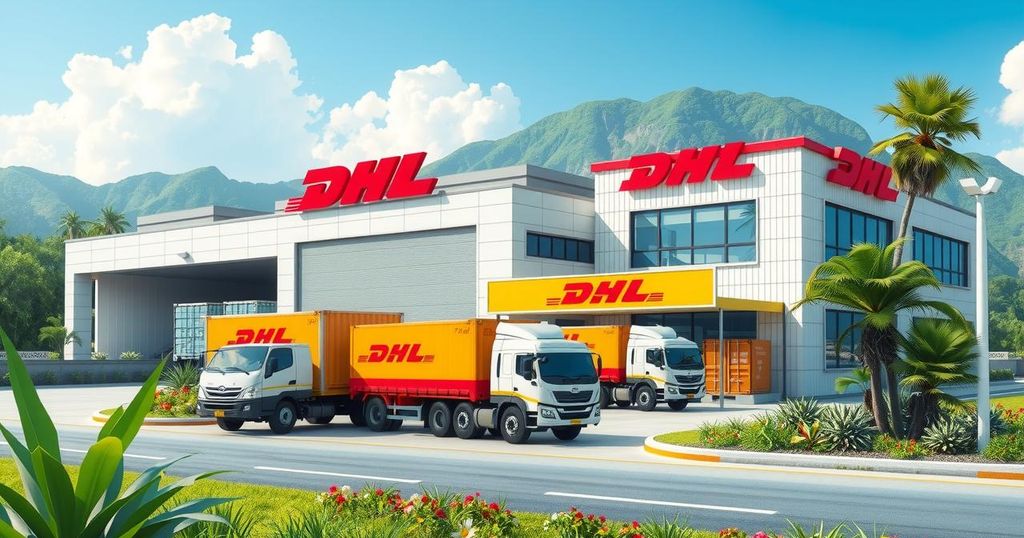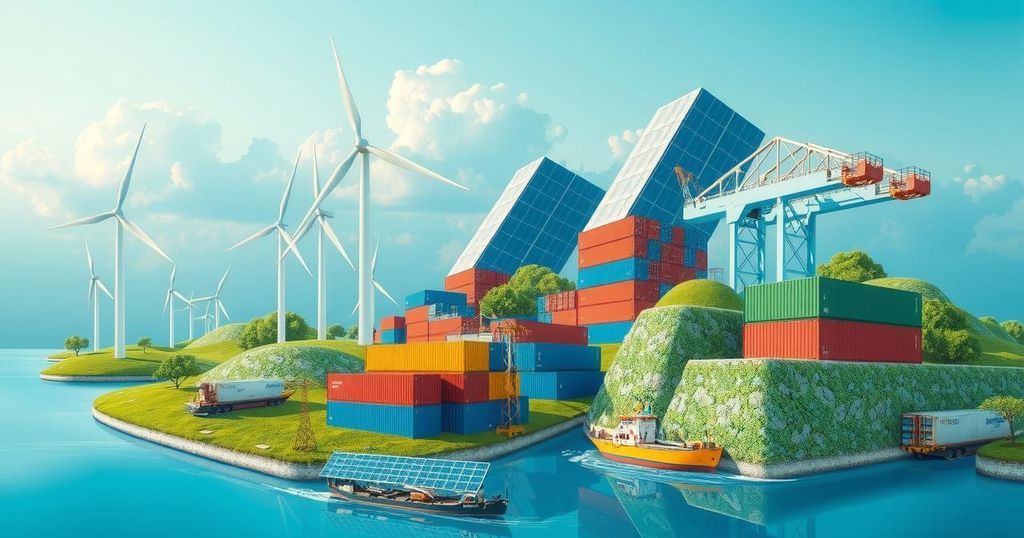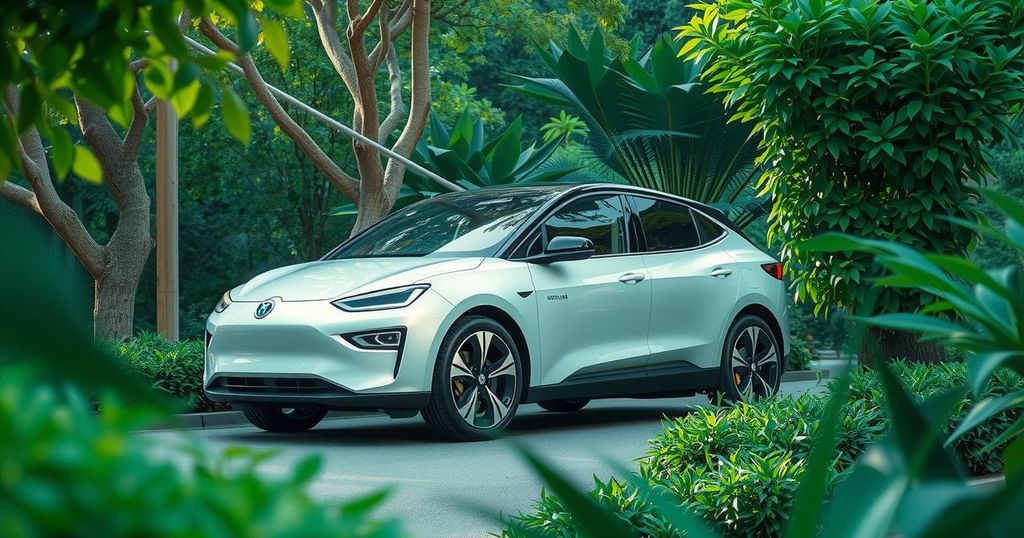DHL’s Strategy 2030: Strengthening Thailand’s Logistics Landscape
DHL enhances its commitment to Thailand with its Strategy 2030, aiming to establish the nation as a regional logistics hub by focusing on key areas such as e-commerce, sustainability, and digitalization. The company is poised to leverage Thailand’s manufacturing strengths and invest in technology and infrastructure, while also promoting sustainability initiatives across all divisions.
DHL has reaffirmed its commitment to Thailand through its Strategy 2030, which aims to enhance sustainable growth and establish Thailand as a key regional logistics hub. The company operates all four of its divisions in the country, providing access to its global network. This strategy focuses on five pivotal megatrends: Global Trade, E-Commerce, Sustainability, Digitalization, and Evolving Workforce.
DHL recognizes Thailand’s potential amid globally diversifying supply chains. Enhancing their geographical advantages—especially in automotive and electronics manufacturing—positions Thailand favorably against rising competitors like Vietnam and Indonesia. The nation’s export growth, driven by major markets such as the United States and the European Union, underscores these opportunities.
The evolving sectors of renewable energy and vehicle mobility present new logistics demands. DHL aims to support Thailand’s ambition to produce electric vehicles (EVs) by 2030 by providing comprehensive supply chain solutions, thereby contributing to local production efforts.
The e-commerce landscape in Thailand is expanding rapidly, with projections showing a market increase from $26.5 billion in 2023 to $32 billion by 2025. DHL’s logistics support is integral for the SME sector, which significantly contributes to the national GDP. Notable Thai brands have successfully leveraged DHL’s services for growth, demonstrating the efficiency of its global reach paired with local expertise.
DHL’s operational investment in Thailand reflects their enduring commitment, employing over 9,300 individuals and managing extensive warehouse spaces. Notably, they are enhancing infrastructure with sustainable practices, including a planned 300% increase in the electric vehicle fleet over three years, to boost sustainability and operational efficiency.
Furthermore, DHL operates a robust network for express logistics, including an extensive delivery framework and a new multimodal hub designed to facilitate streamlined shipping processes. This comprehensive approach positions Thailand as a major player in regional trade and logistics.
Emphasizing sustainable logistics, DHL aims for net-zero greenhouse gas emissions by 2050 and is actively electrifying its fleet. Leading efforts in logistics sustainability, DHL Express incorporates electric vehicles and offers options for clients to minimize their carbon footprint through sustainable fuels. Each division is engaged in comprehensive initiatives aimed at fostering a greener logistics environment across Thailand.
In conclusion, DHL’s Strategy 2030 underscores its commitment to amplifying Thailand as a pivotal logistics hub through sustainability and innovation. By capitalizing on the country’s manufacturing strengths, expanding collaboration in e-commerce, and implementing eco-friendly practices, DHL not only supports local businesses but also addresses critical global megatrends. The company’s commitment to electrification and sustainable practices further cements its role as a leader in sustainable logistics in Thailand.
Original Source: www.retailnews.asia




Post Comment